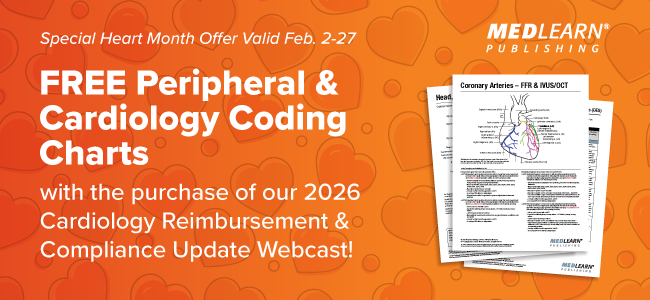Sticking with the crowd often feels safe. But simply doing what everyone else is doing is not a substitute for analysis.
I’m going to give you a peek inside my brain today. It may be a bit scary, and it may make you wonder what it has to do with compliance, but trust me: it will tie in.
I still wear a mask in most public settings. I’m not immuno-compromised, but I do know a number of previously very healthy people, including family members, who have had long and slow recoveries from COVID-19. I also really don’t enjoy being sick. Or, put another way, I like being healthy. The mask has a very low cost to me. I don’t avoid anything I want to do. I still eat in restaurants. When I’m talking to a colleague who relies on lip reading, the mask comes off. In essence, I’ve made a cost-benefit analysis and balanced risks.
But many people look at me like I’m crazy. People often ask, “why are you wearing a mask?” Now, I’m sure some of those people have engaged in their own cost-benefit analysis. Some probably hate the feel of a mask. That’s totally cool. But I suspect that many of them haven’t actually assessed the risk. Instead, they’re simply doing what everyone else does, and assuming that anyone doing something outside the norm must be wrong. That is a really crummy way to make decisions.
Now, let’s put it in a healthcare compliance context. Many of you have heard me say that when doing a refund, Medicare only requires you to go back 48 months, rather than the six years most people use. Have you critically considered that, or have you dismissed the argument because it’s not what most people do? I’m absolutely comfortable with the legal analysis. If you want a copy of it, send me an email and I’ll shoot it to you, totally free. I’m confident it’s right; it’s just not what everyone thinks. (Quick aside: I charged a client $170 last week to send an email that will likely save them $5 million because of that refund analysis. Yes, a $170 bill to save $5 million. If you think lawyers are always too expensive, that is good cause to reconsider.)
Let’s go over two more healthcare compliance examples. Many years ago, a variety of organizations fell victim to coding consultants offering contingency deals. When the coding consultants gave improperly aggressive advice, their clients were dragged down with them. Many of the organizations figured since others were doing the same thing, it had to be right.
Organizations dismissed a risk because they were using polling, rather than analysis, to decide. On the other side of the coin, consider the many organizations that refunded money for short hospital stays in the period before the Two-Midnight Rule. There, consultants were pushing InterQual and then Milliman (now MCG) criteria.
Organizations that refunded failed to understand that Medicare hadn’t established a standard for inpatients, and they had absolutely no duty to refund. Instead of making a critical analysis, they once again relied on the herd.
Here’s some irony that reveals how flawed snap judgments are.
Some people will look at my mask and conclude I’m unreasonably cautious, while some of those same people may consider me a crazed, careless kook, based on my legal analysis. I’d like to think that both conclusions are wrong. But I know this. When you’re analyzing compliance issues, or deciding how to live your life, what everyone else is doing is darn near irrelevant. As the Monroes ask “what do all the people know? I recommend we all take the advice of Fleetwood Mac. Go your own way. As long as you do it while thinking critically, you won’t have to call it another lonely day.























